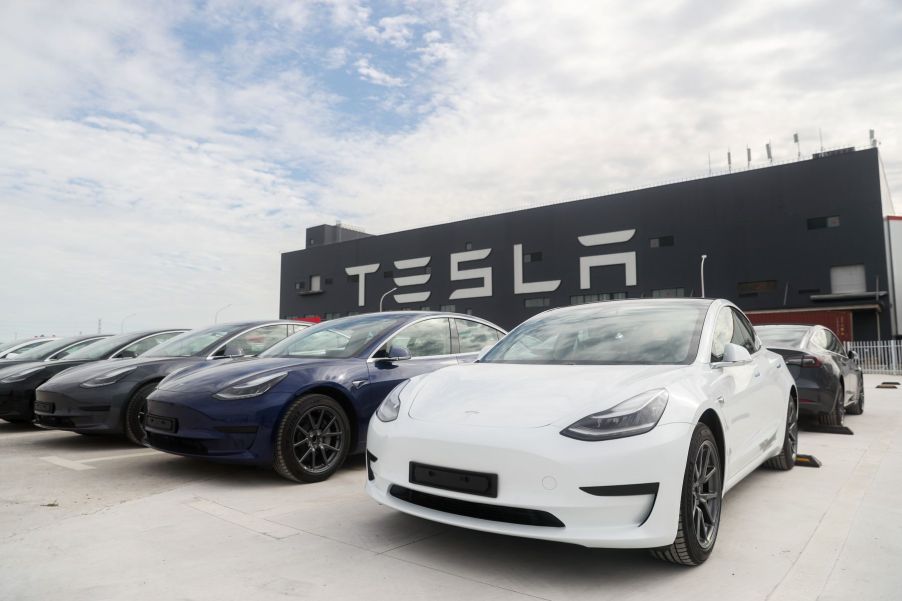
Teen Hacker Says He Can Control 25 Teslas Across 13 Countries Due to Software Weakspot
Tesla is the auto brand that has defined the era. At every turn, Tesla is at the center of all newsy situations. Take cyber security and the new kill switch law found in the infrastructure bill; Tesla has managed to be relevant in that story too. A 19-year-old security researcher claims he has hacked 25 Teslas across 13 countries due to a software flaw he found from the factory.

Can you hack a Tesla?
According to Automotive News, David Colombo, a self-acclaimed information technology specialist, tweeted earlier this week that Tesla’s software flaw allowed him to hack the cars and unlock doors and roll down windows at his command. He goes on to say that he can even disable security systems and start the electric cars remotely.
On an even creepier note, Colombo claims he can see if a driver is in one of his hacked Teslas and control their stereo and flash their headlights.
How easy is it to hack a Tesla?

The German teen responsible for the Tesla hacking news has kept his methods pretty close to the vest. Although he didn’t give any details of where the software flaw is, he did mention that it wasn’t in the Tesla infrastructure software but a weakness that only a small percentage of Tesla cars have. Colombo’s Twitter thread started a viral firestorm, racking up more than 6,600 reactions, 1,300 shares, and nearly 300 responses.
“I think it’s pretty dangerous if someone is able to remotely blast music on full volume or open the windows/doors while you are on the highway. Even flashing the lights non-stop can potentially have some (dangerous) impact on other drivers,” Tweeted Colombo.
What does Tesla say about the hacking vulnerability?

Tesla has been slow to comment to questions about the alleged cybersecurity issues. However, Colombo claims that Tesla officials reached out on Tuesday to investigate the claims.
“Yes, I potentially could unlock the doors and start driving the affected Teslas. No, I cannot intervene with someone driving (other than starting music at max volume or flashing lights), and I also cannot drive these Teslas remotely.”
Being aware of the potential of something like this, Elon Musk stated last fall that he would work with regulators to guarantee that Tesla drivers’ personal data will be protected from hackers.
“With the rapid growth of autonomous driving technologies, data security of vehicles is drawing more public concerns than ever before,” Musk told an EV conference in China.
With connected cars on the rise, how can we trust cybersecurity?
The New York Post claims that by the year 2025, we will have over 470 million vehicles connected to a computer database. By that same time, the Post says the automotive cybersecurity business will be valued at $4 billion.
As we become further connected to our devices, homes, cars, and so on, the world continues to grow new security threats. Hopefully, more people like our teen hacker, David Colombo, will bring these security vulnerabilities to the surface before less altruistic parties discover them.



